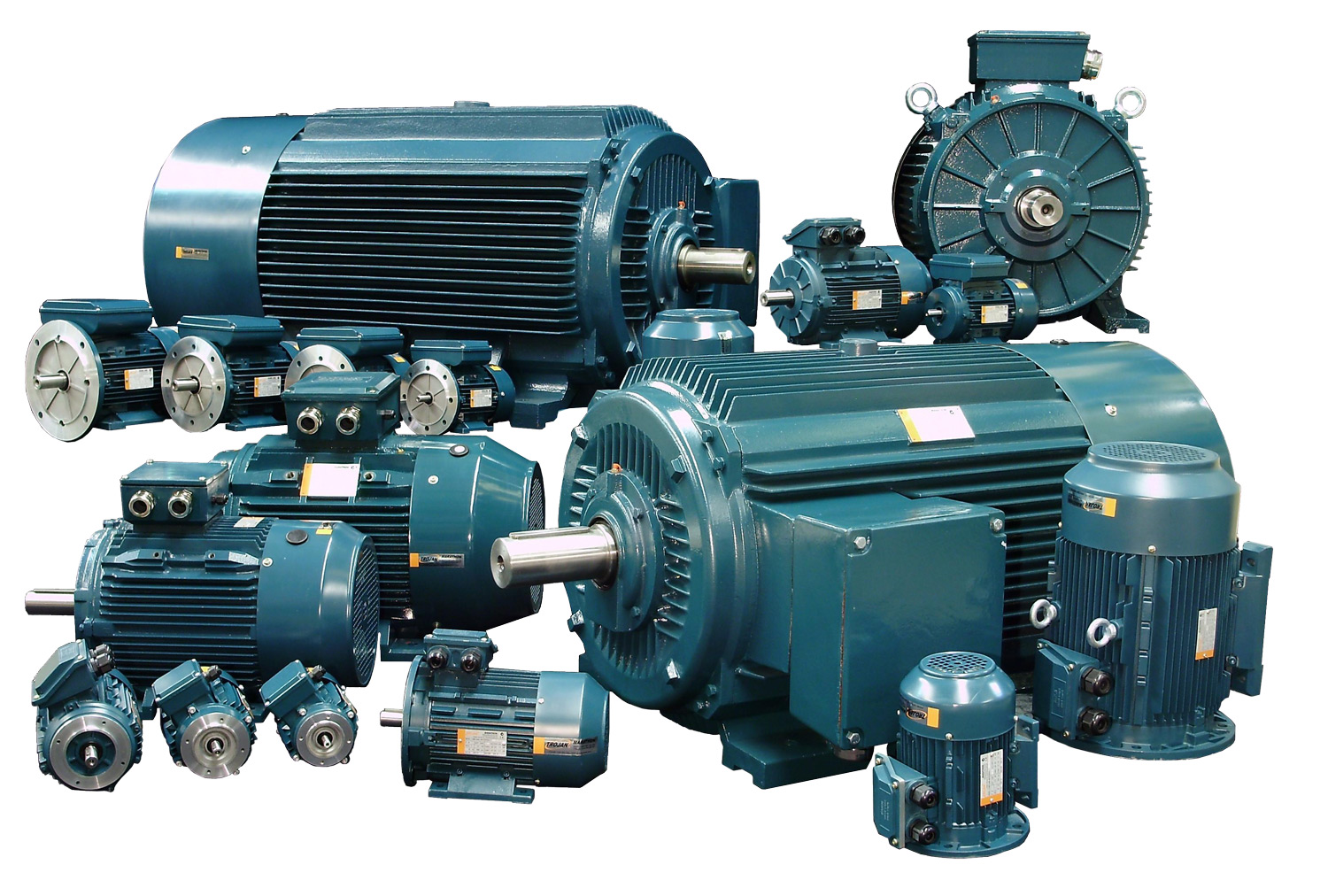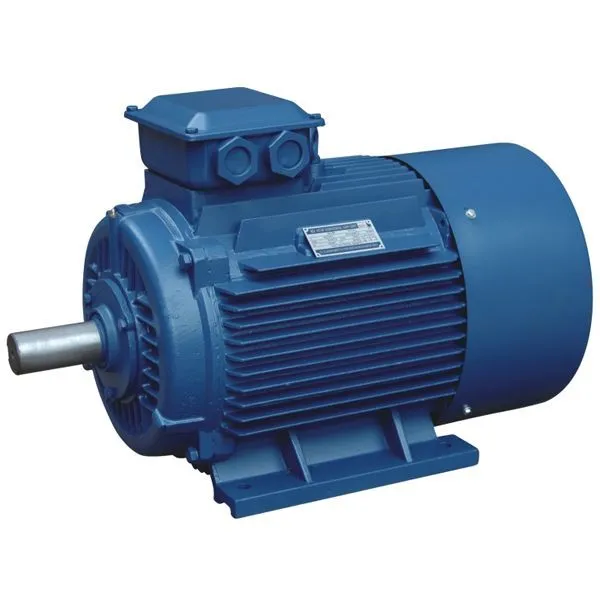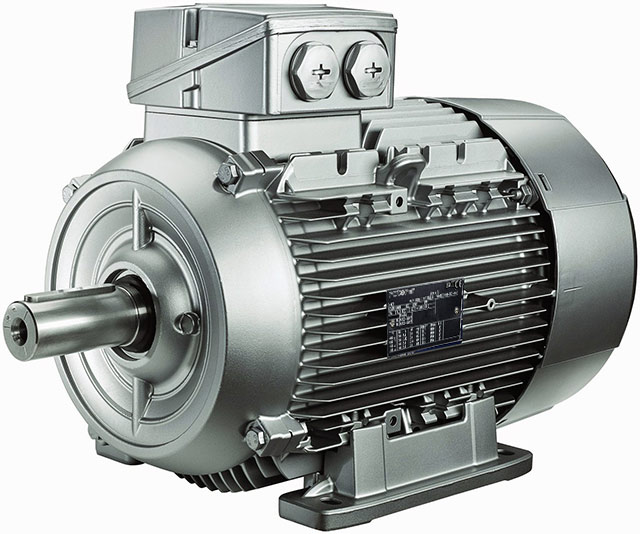Product Description
YY series single phase capacitor run asynchronous motors,are suitable for fans, blowers, and various equipments requiring light load starting.This series motors with high power factor and efficiency, small size, light weight, good performance, low noise, and convenient maintenance
| Power: | 0.55kw-2.2kw | Voltage: | 220/230V( can can done as your need) |
| Frequency: | 50/60hz | Enamelled Wire: | Copper Wire (Can Done Aluminum wire as Your Need) |
| Insulation Class: | F | Mounting Way: | B3/B5/B14/B34/B35 |
| Protection Grade: | IP54 IP44 | motor body : | cast iron/cast aluminum |
.
1. Are you a manufacturer or trading company?
We are a professional manufacturer of single phase motor,three phase electric motor and pump
2. Where is your factory located?
Our factory is in HangZhou,HangZhou,ZHangZhoug,China. it is very near from HangZhou city,HangZhou city,ZheJiang city.
3. How do you confirm your quality?
A. Rich experience on weakness may appear on every components and products;
B. 100% checking before order and bulk sample reserved in warehouse for after-sale service.
4. Is it acceptable to use self-label brand?
Yes, we provide OEM products, also welcome ODM OTM orders.
5. What is your payment terms?
T/T and L/C. Normally T/T 30% deposit, 70% balance should be paid against the B/L copy.
Better payment terms Available for regular esteemed customers.
6. What is your company’s production capacity every year?
We have over 200,000 pcs production capacity every year.
7. Is sample available for my reference before final order?
Yes, we support trial sample order(1-100pcs) for you. Please contact with our sevice staff.
If you have any other questions,welcome to contact us.
| Application: | Industrial |
|---|---|
| Speed: | Variable Speed |
| Number of Stator: | Single-Phase |
| Samples: |
US$ 60/Piece
1 Piece(Min.Order) | Order Sample 1.1kw
|
|---|
| Customization: |
Available
|
|
|---|
.shipping-cost-tm .tm-status-off{background: none;padding:0;color: #1470cc}
|
Shipping Cost:
Estimated freight per unit. |
about shipping cost and estimated delivery time. |
|---|
| Payment Method: |
|
|---|---|
|
Initial Payment Full Payment |
| Currency: | US$ |
|---|
| Return&refunds: | You can apply for a refund up to 30 days after receipt of the products. |
|---|

How does an electric motor ensure efficient energy conversion?
An electric motor ensures efficient energy conversion by employing various design features and principles that minimize energy losses and maximize the conversion of electrical energy into mechanical energy. Here’s a detailed explanation of how electric motors achieve efficient energy conversion:
- Efficient Motor Design: Electric motors are designed with careful consideration given to their construction and materials. High-quality magnetic materials, such as laminated iron cores and permanent magnets, are used to reduce magnetic losses and maximize magnetic field strength. Additionally, the motor’s windings are designed with low-resistance conductors to minimize electrical losses. By optimizing the motor’s design, manufacturers can improve its overall efficiency.
- Reducing Friction and Mechanical Losses: Electric motors are designed to minimize friction and mechanical losses. This is achieved through the use of high-quality bearings and lubrication systems that reduce friction between moving parts. By reducing friction, the motor can operate more efficiently, translating more of the input energy into useful mechanical work rather than dissipating it as heat.
- Efficient Control and Power Electronics: Electric motors employ advanced control techniques and power electronics to enhance energy conversion efficiency. Variable frequency drives (VFDs) are commonly used to control motor speed and torque, allowing the motor to operate at optimal efficiency levels under varying load conditions. Power electronics devices, such as insulated gate bipolar transistors (IGBTs) and MOSFETs, minimize switching losses and optimize power flow within the motor.
- Regenerative Braking and Energy Recovery: Some electric motors, particularly those used in hybrid electric vehicles (HEVs) and electric trains, incorporate regenerative braking systems. These systems convert the kinetic energy of the moving vehicle back into electrical energy, which can be stored and reused. By capturing and reusing energy that would otherwise be wasted as heat during braking, regenerative braking significantly improves overall energy efficiency.
- Efficient Cooling and Thermal Management: Electric motors generate heat during operation, and excessive heat can lead to energy losses and reduced efficiency. To mitigate this, motors are designed with efficient cooling systems such as fans, heat sinks, or liquid cooling methods. Proper thermal management ensures that the motor operates within the optimal temperature range, reducing losses and improving overall efficiency.
- High-Efficiency Standards and Regulations: Governments and organizations have established energy efficiency standards and regulations for electric motors. These standards encourage manufacturers to produce motors with higher efficiency ratings. Compliance with these standards ensures that motors meet certain efficiency criteria, resulting in improved energy conversion and reduced energy consumption.
By incorporating these design features, control techniques, and efficiency measures, electric motors achieve efficient energy conversion. They minimize energy losses due to factors such as resistance, friction, and heat dissipation, ensuring that a significant portion of the input electrical energy is converted into useful mechanical work. The continuous advancements in motor design, materials, and control technologies further contribute to improving the overall energy efficiency of electric motors.

How do electric motors impact the overall productivity of manufacturing processes?
Electric motors have a significant impact on the overall productivity of manufacturing processes. Their versatility, reliability, and efficiency make them essential components in a wide range of industrial applications. Here’s a detailed explanation of how electric motors contribute to enhancing productivity in manufacturing:
- Mechanization and Automation: Electric motors serve as the primary power source for a vast array of industrial machinery and equipment. By providing mechanical power, electric motors enable mechanization and automation of manufacturing processes. They drive conveyor belts, pumps, compressors, robots, and other machinery, allowing for efficient material handling, assembly, and production operations. The use of electric motors in mechanized and automated systems reduces manual labor, accelerates production rates, and improves overall productivity.
- Precise Control and Repeatable Movements: Electric motors offer precise control over speed, position, and torque, enabling accurate and repeatable movements in manufacturing processes. This precision is crucial for tasks that require consistent and controlled operations, such as precision cutting, drilling, machining, and assembly. Electric motors allow for fine adjustments and control, ensuring that manufacturing operations are performed with high levels of accuracy and repeatability, which ultimately enhances productivity and product quality.
- High Speed and Acceleration: Electric motors are capable of achieving high rotational speeds and rapid acceleration, enabling fast-paced manufacturing processes. Motors with high-speed capabilities are utilized in applications that require quick operations, such as high-speed machining, packaging, and sorting. The ability of electric motors to rapidly accelerate and decelerate facilitates efficient cycle times and overall process throughput, contributing to increased productivity.
- Reliability and Durability: Electric motors are known for their reliability and durability, making them well-suited for demanding manufacturing environments. With proper maintenance, electric motors can operate continuously for extended periods, minimizing downtime due to motor failures. The reliability of electric motors ensures consistent and uninterrupted production, optimizing manufacturing productivity and reducing costly disruptions.
- Energy Efficiency: Electric motors have witnessed significant advancements in energy efficiency, leading to reduced energy consumption in manufacturing processes. Energy-efficient motors convert a higher percentage of electrical input power into useful mechanical output power, resulting in lower energy costs. By utilizing energy-efficient electric motors, manufacturers can achieve cost savings and improve the overall sustainability of their operations. Additionally, energy-efficient motors generate less heat, reducing the need for cooling and improving the overall efficiency of auxiliary systems.
- Integration with Control Systems: Electric motors can be seamlessly integrated with sophisticated control systems and automation technologies. This integration allows for centralized control, monitoring, and optimization of manufacturing processes. Control systems can regulate motor speed, torque, and performance based on real-time data, enabling adaptive and efficient operations. The integration of electric motors with control systems enhances the overall productivity by optimizing process parameters, minimizing errors, and facilitating seamless coordination between different stages of manufacturing.
Electric motors significantly impact the overall productivity of manufacturing processes by enabling mechanization, automation, precise control, high-speed operations, reliability, energy efficiency, and integration with advanced control systems. Their versatility and performance characteristics make them indispensable in a wide range of industries, including automotive, electronics, aerospace, food processing, and more. By harnessing the power of electric motors, manufacturers can streamline operations, improve product quality, increase throughput, and ultimately enhance productivity in their manufacturing processes.

What industries and applications commonly use electric motors?
Electric motors are widely utilized in various industries and applications due to their versatility, efficiency, and controllability. Here’s a detailed overview of the industries and applications where electric motors are commonly employed:
- Industrial Manufacturing: Electric motors are extensively used in industrial manufacturing processes. They power machinery and equipment such as conveyor systems, pumps, compressors, fans, mixers, robots, and assembly line equipment. Electric motors provide efficient and precise control over motion, making them essential for mass production and automation.
- Transportation: Electric motors play a crucial role in the transportation sector. They are used in electric vehicles (EVs) and hybrid electric vehicles (HEVs) to drive the wheels, providing propulsion. Electric motors offer benefits such as high torque at low speeds, regenerative braking, and improved energy efficiency. They are also employed in trains, trams, ships, and aircraft for various propulsion and auxiliary systems.
- HVAC Systems: Heating, ventilation, and air conditioning (HVAC) systems utilize electric motors for air circulation, fans, blowers, and pumps. Electric motors help in maintaining comfortable indoor environments and ensure efficient cooling, heating, and ventilation in residential, commercial, and industrial buildings.
- Appliances and Household Devices: Electric motors are found in numerous household appliances and devices. They power refrigerators, washing machines, dryers, dishwashers, vacuum cleaners, blenders, food processors, air conditioners, ceiling fans, and many other appliances. Electric motors enable the necessary mechanical actions for these devices to function effectively.
- Renewable Energy: Electric motors are integral components of renewable energy systems. They are used in wind turbines to convert wind energy into electrical energy. Electric motors are also employed in solar tracking systems to orient solar panels towards the sun for optimal energy capture. Additionally, electric motors are utilized in hydroelectric power plants for controlling water flow and generating electricity.
- Medical Equipment: Electric motors are crucial in various medical devices and equipment. They power surgical tools, pumps for drug delivery and fluid management, diagnostic equipment, dental drills, patient lifts, wheelchair propulsion, and many other medical devices. Electric motors provide the necessary precision, control, and reliability required in healthcare settings.
- Robotics and Automation: Electric motors are extensively used in robotics and automation applications. They drive the joints and actuators of robots, enabling precise and controlled movement. Electric motors are also employed in automated systems for material handling, assembly, packaging, and quality control in industries such as automotive manufacturing, electronics, and logistics.
- Aerospace and Defense: Electric motors have significant applications in the aerospace and defense sectors. They are used in aircraft for propulsion, control surfaces, landing gear, and auxiliary systems. Electric motors are also employed in military equipment, drones, satellites, guided missiles, and underwater vehicles.
These are just a few examples of the industries and applications where electric motors are commonly used. Electric motors provide a reliable, efficient, and controllable means of converting electrical energy into mechanical energy, making them essential components in numerous technologies and systems across various sectors.


editor by CX 2023-12-15